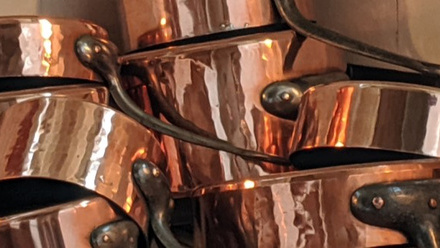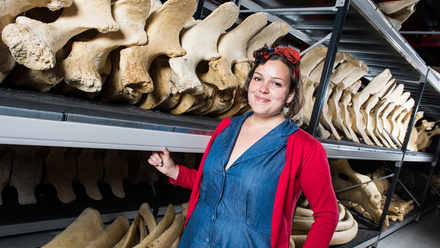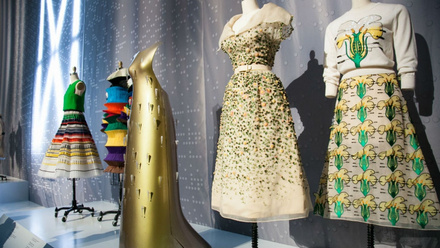Conservation of our cultural heritage is a fascinating and rewarding career, that covers a wide range of working areas and roles across the arts, science, history and craft
Conservators combine practical skills with knowledge of art history, architecture, science, changing fashions and lifestyles to understand the context of the objects they work with, and to conserve them sensitively and appropriately.
A conservation career calls for in-depth knowledge of conservation practice but will vary depending on the part of the profession you wish to get into. You might find yourself working with whole collections as a Conservation Manager or Preventive conservator; or with a high level of knowledge in a particular specialism, such as fine art, archaeology, ceramics or even industrial machinery or artefacts of natural history. A conservator requires a wide range of knowledge, understanding and practical skills - all of which will need to continually develop over the course of their career.
Conservators may work for public institutions such as national and regional museums or galleries, archives and libraries, or in historic properties either as an employee or freelance, as well as for conservation practices in the private sector. Conservators may also run their own practice.
In recent years, the scope of conservators' work has widened, and conservators now expect to be involved with exhibitions, conservation science, preventive conservation, project management and advocacy work.
Icon’s Professional Standards set out the accepted principles of conservation.
You may also wish to read the features below for an idea of the benefits and challenges of a career in conservation:
Support throughout your career
As the professional body for conservator-restorers, Icon provides support to you throughout your career. We can provide guidance about your training and development from when you start thinking about conservation as a career right through to supporting you to achieve Icon accredited membership and your continuing professional development.
----
Image: Icon intern; Matt Wreford



